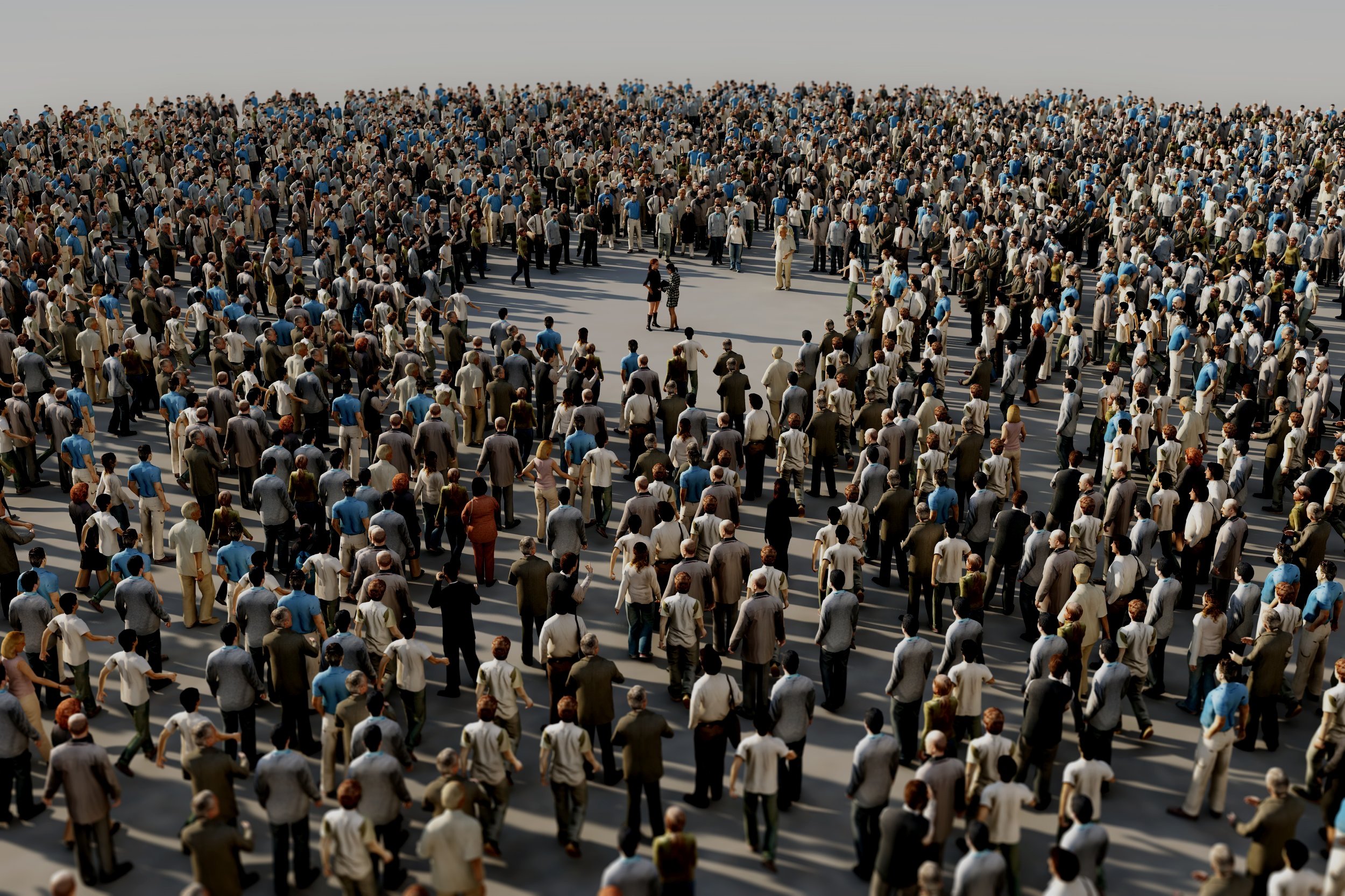
Developing habits of mind to thrive in diverse democracies.
Approach to Teaching
My courses are designed so that students encounter the lived lives of diverse thinkers from around the world. Each week locates them in their material cultural contexts to illuminate their most significant ideas. Students learn to evaluate perennial questions about knowledge, meaning and reality as well as ethical issues that arise from relationships, technology, religion and democratic life. While my primary expertise concerns eighteenth to twentieth-century thinkers such as Immanuel Kant, Arthur Schopenhauer, Hannah Arendt and Emmanuel Levinas, I also feature ancient and medieval thinkers such as Avicenna, al-Ghazali, Dogen, Nagarjuna, Shankara, Maimonides, Anselm and Julian of Norwich. Critical interventions in the debates of their times help to inform students about how to face their own dilemmas.
We live in complex information cultures that benefit from the relational habits of mind my courses promote. Such skills are relevant to careers in medicine, architecture, computer design, law, business, education, social work or any public facing profession where open communication practices about ethical matters can enhance professional outcomes. Such practices are embedded in my marking rubrics that provide guidance about how to prove your viewpoint, evaluate concepts in context, as well as apply well-researched primary and secondary sources of evidence. We may have tremendous power to access information through digital tools, but this does not inevitably result in the skills necessary to deliberate meaningfully amidst diverse human beings. My courses respond by providing forums where students can build up the skills necessary to live peacably in democratic societies haunted by Kant's enlightenment challenge, sapere aude [dare to be wise].

Courses
These courses feature in the University of Newcastle’s Bachelor of Arts and Bachelor of Education (Secondary) degrees. They are also listed in several others such as Social Sciences, Communication and Media Studies, Mathematics, Data Science and Cybersecurity.
-
World Religions introduces the principal features of the world's major religions through reference to key events, characters, beliefs and related phenomena. A range of thinkers are discussed such as Philo of Alexandria, Origen of Caesarea Maritima, Adi Shankara, Muhammad Rumi, Dogen Zenji [Kigen], Julian of Norwich, Sayyid Qutb, Mohandas Gandhi and Vine Deloria Jr.
-
Religion, Science and Popular Beliefs evaluates how these topics are depicted in the history of ideas as well as in contemporary film, streamed media and video games as well as in new virtual reality technologies being employed to evoke religious experiences. It helps students to critically reflects upon the historical, philosophical and ethical implications of these interactions.
-
Ethics of Emerging Technologies introduces how a mathematical, algorithmic, or design principle raises new ethical questions about an emerging technology. The course enhances student capacities to evaluate technological dangers as well as direct their positive potentialities. It is also offered at the postgraduate level here.
-
Philosophy of Religion examines a number of issues that came to the fore in the ancient, medieval, early modern, enlightenment and later periods such as proofs for the existence of God, various conceptions of transcendence, the nature of the self, the concept of religion, and the relation of religious and scientific forms of inquiry. Thinkers to be considered may include Augustine, Avicenna, Anselm of Canterbury, Moses Maimonides, Hildegard of Bingen, Thomas Aquinas, Immanuel Kant, Friedrich Schleiermacher, Søren Kierkegaard, Martin Buber, Simone Weil and Jacques Derrida.
-
Philosophy of Relationships investigates diverse philosophial, religious and ethical responses that aim to improve human relationships. It develops comparative methodologies in the academic study of philosophy, religion and ethics in order to help students evaluate a range of viewpoints on the topic. Thinkers discussed may include Plato, Aurelius Augustine, Muhammad al-Ghazali, Immanuel Kant, Nagarjuna, Arthur Schopenhauer, William James, W. E. B. Du Bois, Emmanuel Levinas, Hannah Arendt and Christine Korsgaard.
-
Democracy and Diversity examines the complex relationship between democracy and various forms of cultural and religious diversity. It analyses key concepts developed by political philosophers who impacted democratic theory with particular attention to social inclusion and enfranchisement. Thinkers discussed may include Thomas Hobbes, Benedict Spinoza, Jean-Jacques Rousseau, Emile Durkheim, W.E.B. Du Bois, John Rawls, Juergen Habermas and Kwame Appiah.
-
Critical Thinkers examines the development of some of the most influential thinkers of the contemporary period. Students will develop their own critical thinking skills by evaluating the works of figures such as John Dewey, Hannah Arendt, Paul Ricoeur, Iris Murdoch, Richard Rorty, Martha Nussbaum, Hubert Dreyfus and Andy Clark.
-
Ethics of Emerging Technologies introduces how a mathematical, algorithmic, or design principle raises new ethical questions about an emerging technology. The course enhances student capacities to evaluate technological dangers as well as direct their positive potentialities. It is also offered at the postgraduate level here.
-
I supervise research students on various topics related to the courses above and my own authored books and articles. In order to evaluate my potential suitability to supervise a research project I require three things: 1) a copy of your transcripts from previous undergraduate and graduate studies in philosophy of religion, history of ideas or a cognate discipline; 2) a curriculum vitae with publications and relevant experience; and, 3) a research thesis proposal which should outline your project’s background, aims, methodology and outcomes stating its contribution to new knowledge, thesis chapter completion timeline, and bibliography. Details on the university's formal application process are available here.

Service to University
2024-26, Deputy Head of School Teaching and Learning, School of Humanities, Creative Industries and Social Sciences
2017-26, Discipline Leader, Studies of Philosophy, Religion and Ethics
2019-23, Academic Representative, College Teaching and Learning Committee
2019-22, Group Leader, Historical, Cultural and Critical Inquiry
2016, Head of Discipline, Philosophy and Religion
2012-16, Convenor, Theology Programs
